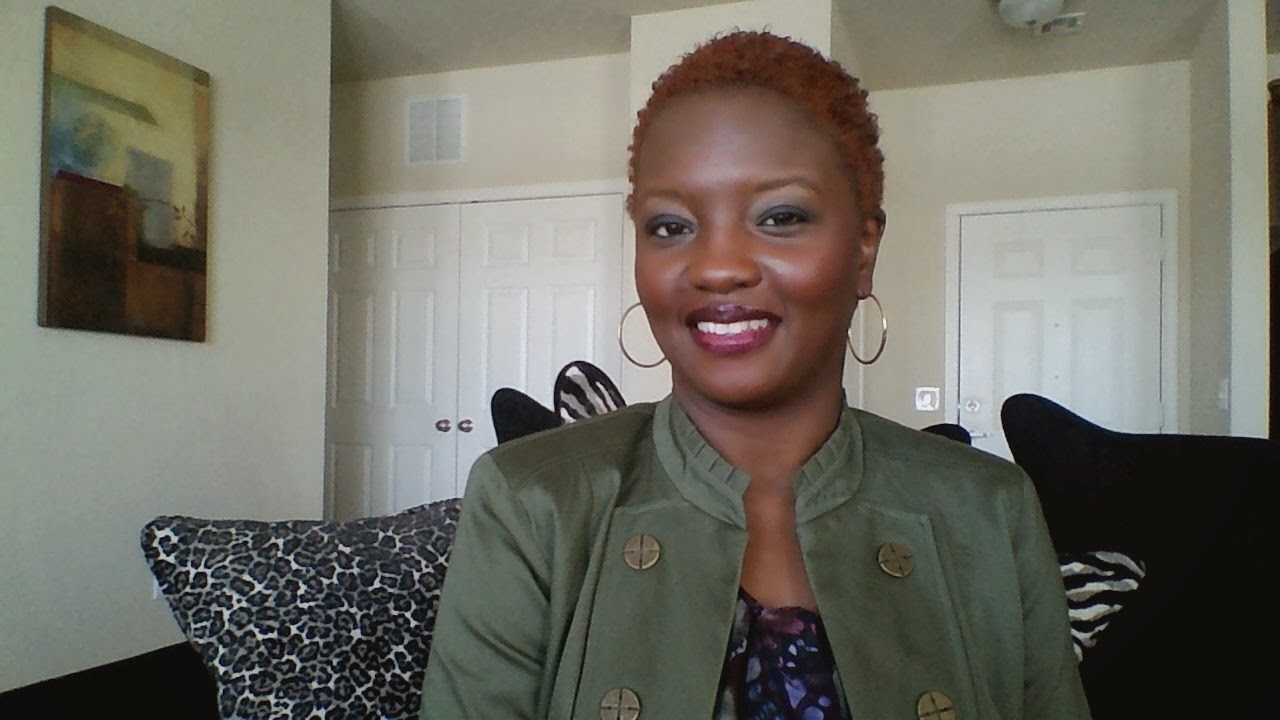Motivation for Prestigious Academic Achievement
My motivations for becoming a scholar-practitioner for social change are based on life experiences that have altered my perception of how I view my internal and external environments as they stand in the present. In my younger years my decisions were based on the recommendation of individuals who I believed had my best interest at heart, both personally and professionally. Therefore I limited myself to making career decisions that would be of interest of those who were closest to me; so as not to be of a disappointment to anyone. However, when I earned my Bachelor of Science degree in 2002, with honors, the dynamics of lifestyle involvements changed as the circle of individuals I associated with changed through the advancement of my professional status. Betsy J. Banner defines motivation as “an energizing force that guides behavior in the direction of a goal”. When I received my Bachelor of Science degree stamped with “honors”, my motivation went through the roof. I wanted and needed to do more and go farther. My critical thought process, conversations with individuals and approach to everyday situations changed due to my revised discipline and social outlook.
My new perspective on life did not come without its share of drawbacks. As the dynamics of my outer circles changed, I found it difficult to relate or have conversations with individuals whom I had engaged with socially prior to my achievement in higher learning.I actually found myself becoming a little biased towards individuals who had not taken advantage of the educational opportunities available to them for means of advancement. However, instead of tucking away the adversities that challenged and shaped me into who I became, I decided to channel the opposed energy of others into something meaningful. Looking back on the past decade I see my transformation as being indicative of the trellis theory where I have taken a critical view of my life experiences with regards to my accomplishments rather than focusing on the shortcomings. According to this theory, my transformation is based on life experiences serving as the framework for adult learning. My personal and professional journey serves as the basis for my success as a leader of social change.
Becoming a Leader of Social Change
In the present day my self-determination is enhanced by my desire to help others succeed in becoming socially productive members of society. There are three (3) factors that play into my current decision making process for achieving the highest level of discipline for social change:
- Passion and motivation
- High Order Thinking/Multiple Intelligences
- Critical Thinking
My motivation for advocating social change exemplifies characteristics of the expectancy- value theory which suggests that goals are accomplished in light of those milestones that the learner perceives to be achievable with the understanding of the projected outcome. Since my decision to pursue a post-graduate degree, I now feel that I can move forward with my desire to develop a non-profit organization designed to champion causes of underprivileged women; developing programs that will help them to realize their worth. This is in addition to becoming a public advocate for causes involving families from indigenous areas. As a scholar for social change I am focusing on my critical thinking and problem solving skills towards effective research and developing viable solutions that will ultimately make a global impact on the issues I have chosen to support.


